A Significant Start
Year 11 at St Peter's College is an important year for our students as they embark on their journey towards the National Certificate of Educational Achievement (NCEA). This significant milestone encourages students to foster independent thinking and assume greater responsibility for their academic and spiritual growth.
Academically, Year 11 students are introduced to a more demanding curriculum, one that sets the foundation for their NCEA qualifications. With a strong focus on core subjects such as English, Religious Education, Mathematics, and Science, as well as their chosen elective subjects, students are equipped with the necessary tools to excel in their areas of interest.
During this critical phase, our students are encouraged to take ownership of their learning experience. They are empowered to work both individually and collaboratively, honing their skills and expanding their knowledge through independent study and group projects. By embracing this increased level of responsibility, students develop invaluable skills that will serve them well throughout their academic and professional lives.
To meet the assessment requirements of NCEA, Year 11 students at St Peter's College engage in a variety of evaluation methods. These include submitting assignments, undertaking tests and exams, and completing practical assessments. Through these diverse assessment modes, students demonstrate their understanding, critical thinking abilities, and application of knowledge across various disciplines.
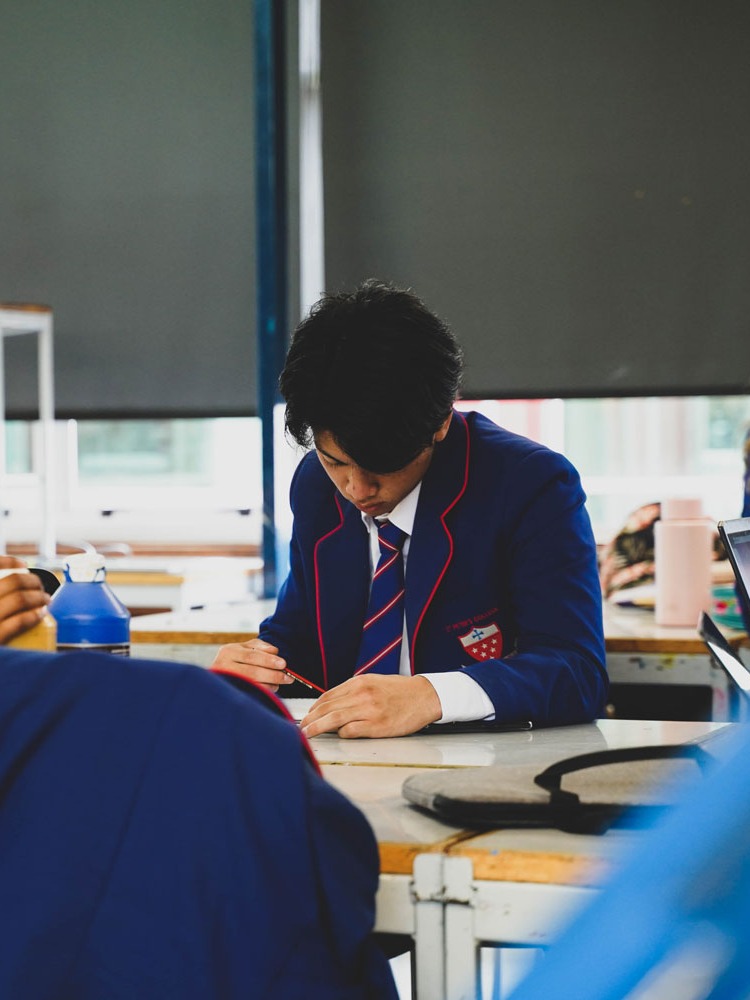
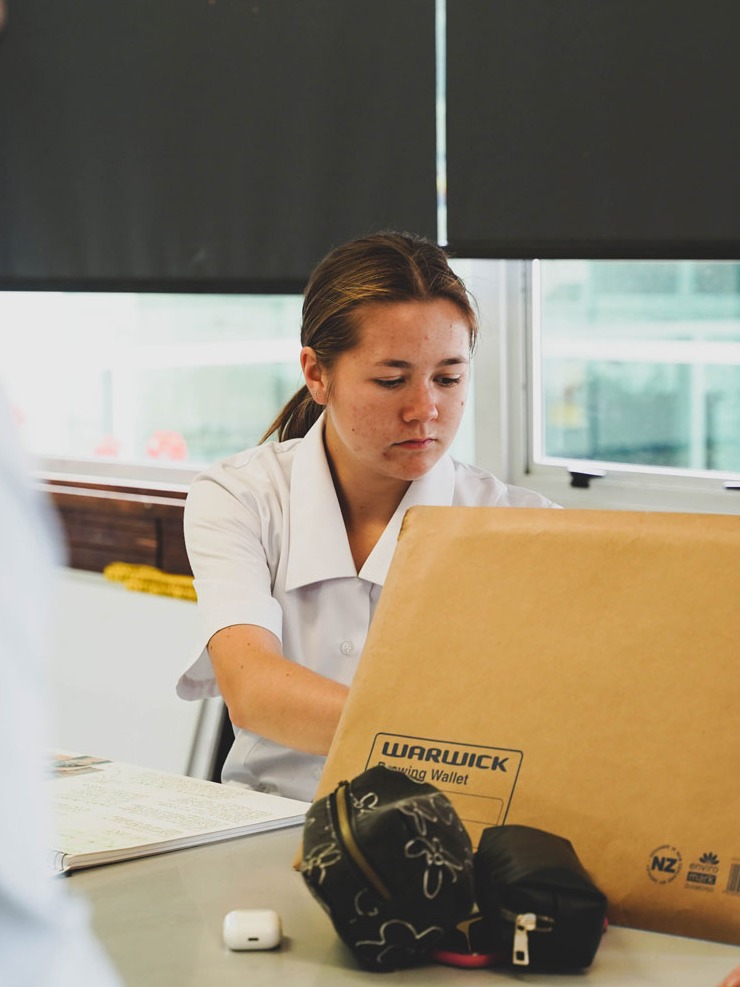
Building A Sense Of Responsibility
At St Peter's College, we understand the importance of nurturing not only the academic growth but also the spiritual well-being of our students. Year 11 serves as an opportune time for students to deepen their spiritual connection and develop a greater sense of self-awareness. Our supportive environment and dedicated staff foster an atmosphere where students can explore their faith, ask thought-provoking questions, and embark on a journey of self-discovery.
Year 11 at St Peter's College is a year of immense growth and preparation. Our students are inspired to embrace challenges, nurture their intellectual curiosity, and cultivate the essential skills needed to achieve success in their NCEA qualifications. We believe that by laying a strong foundation in Year 11, our students will flourish academically, spiritually, and beyond, paving the way for a bright and promising future.
Learning Area
Available Classes
Religious Studies
RE
English
English
ESOL
Mathematics
Mathematics
Science
Science
Agriculture
Social Sciences
Geography
History
Business Studies
Economics
Health & Physical Wellbeing
Physical Education
Commerce
Commerce
Technology
DVC Graphics
Digital Technology
Materials Technology
Textile Design and Manufacturing
Food Technology
Arts
Music
Performing Arts
Visual Arts
Languages
Languages by correspondence

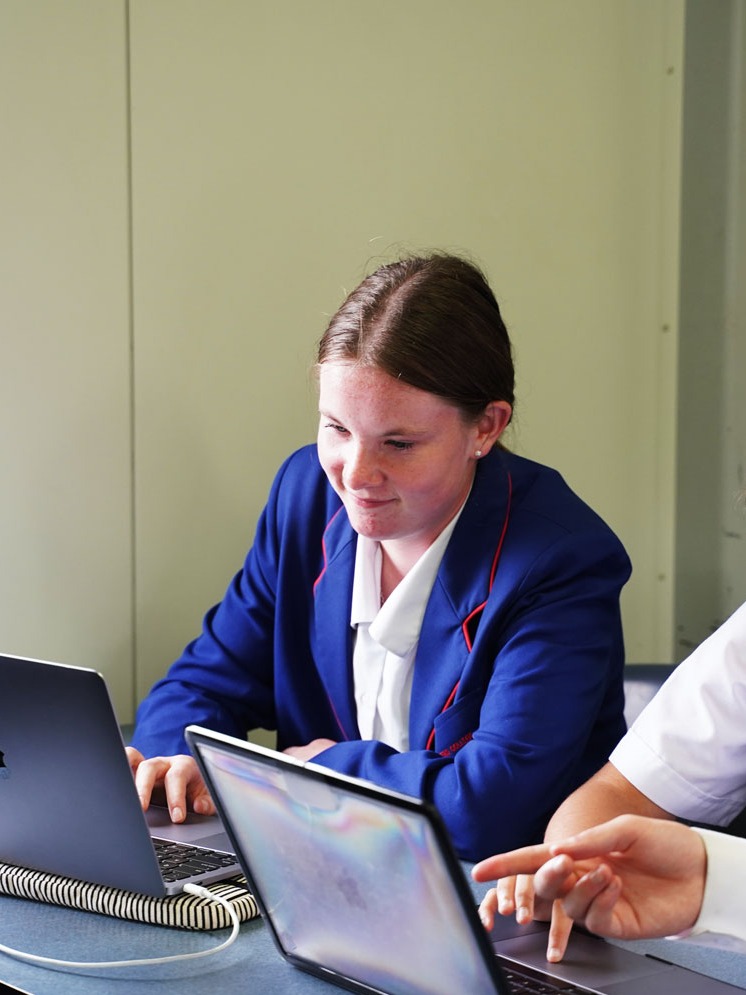
Uniform Expectations
The Uniform Shop is open every Thursday between 1.30pm and 2.15pm during term time. We advertise holiday hours in the newsletter at the end of each term. St Peter’s expects high standards of dress and behaviour. We need parents’ help – please ensure that students wear the correct school uniform.
Jewellery
The only jewellery permitted is a wristwatch and a cross/taonga. Earrings if worn must be a simple stud or sleeper/keeper, one per ear, in the lobe.
Hair
It is expected that students’ hair should be of natural colour. Long hair must be tied back.
Make-up
Make-up is not part of the school uniform. Students noticed wearing makeup will be asked to remove it.
Senior Girls Uniform
Summer
A-line Skirt
Blazer
White Short Sleeve Blouse With Logo On Sleeve
White Bobby Socks (no labels)
Red V-neck Vest (optional)
Red V-neck Jersey (optional)
School Black Jacket
McKinlay Black T-bar Rr Lace Up Shoes
Winter
Kilt
White Long Sleeve Blouse
Tie
Black Tights Or Over The Knee Socks
McKinlay Black T-bar Or Lace Up Shoes
Red V-neck Vest (optional)
Red v-neck jersey (optional)
School Black Jacket
School Scarf

Senior Boys Uniform
Summer
Grey V-neck Vest
Blazer
Tie
Grey Shorts
Grey Short Sleeve Summer Shirt
Grey Socks With Red Stripes
McKinlay Black Lace Up Shoes
School Black Jacket
Winter
Grey Shorts Or Long Grey Pants
Blazer
Tie
Grey Long Sleeve Shirt
Grey V-neck Vest (optional)
Grey Socks With Red Stripes
McKinlay Black Lace Up Shoes
School Black Jacket
School Scarf
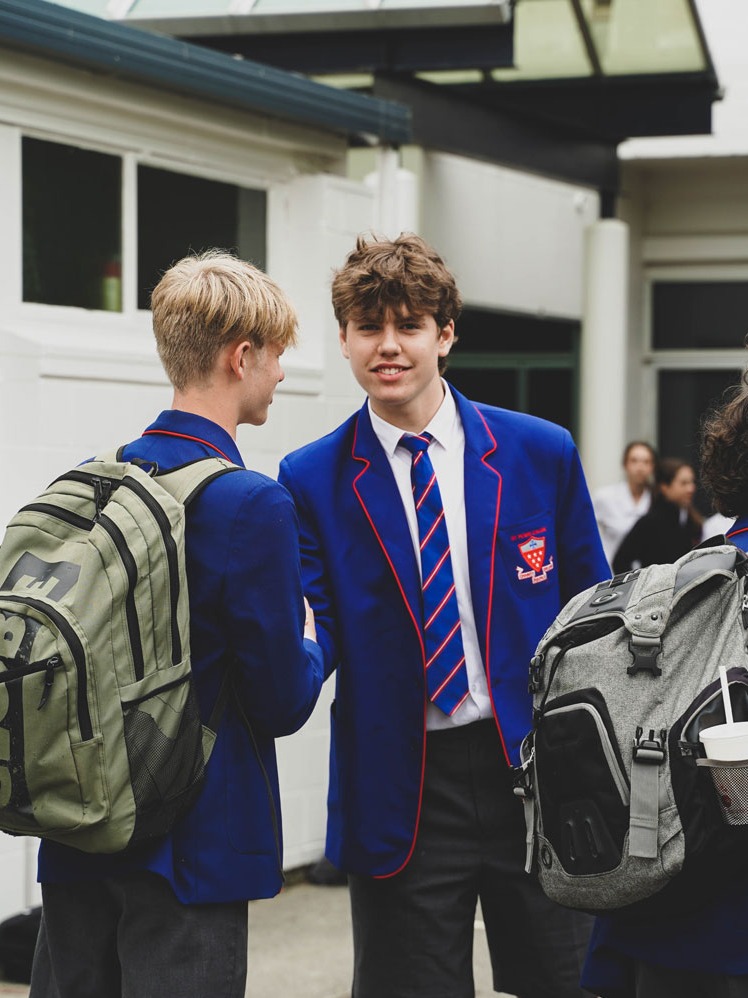
Stationery List
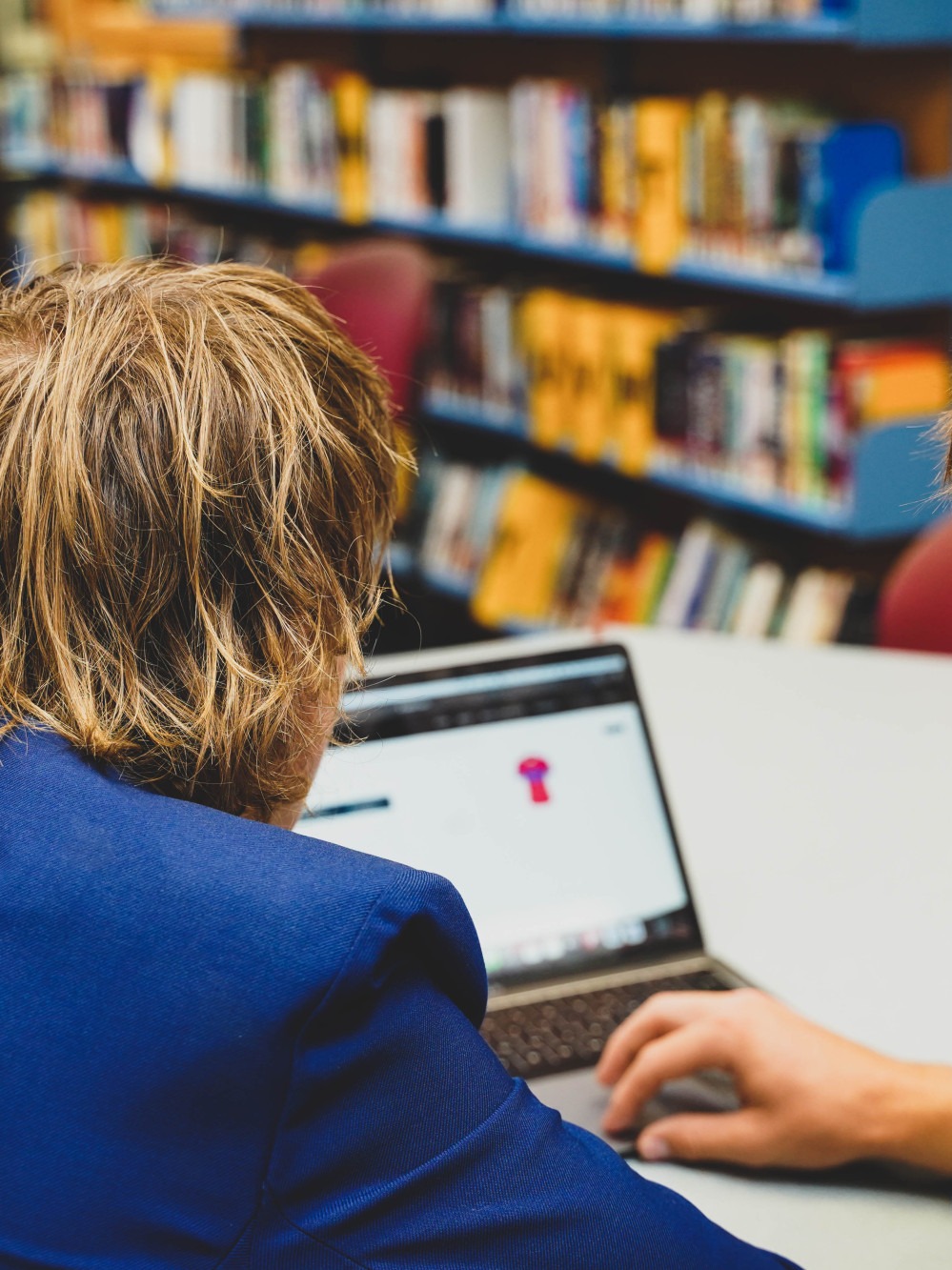
BYOD Information
Recommended Specifications
- 13 inch screen or bigger, remembering younger students prefer smaller devices.
- Attached keyboards for all.
- Minimum six hour battery life.
- i3 dual core processor or equivalent running at 1.8 GHz or greater.
- 4Gb Ram at junior levels and greater at senior level, depending on the courses they take.
Please Note
- The school's online platform is Microsoft 365 for business, which operates smoothly with Windows 10 and 11 operating systems.
- Solid State Drives (SSD) are recommended due to their increased reliability.
- No Microsoft Office Suite or Anti Virus package is required as all students receive these free when they attend the college.
- Chromebooks are not compatible with our systems